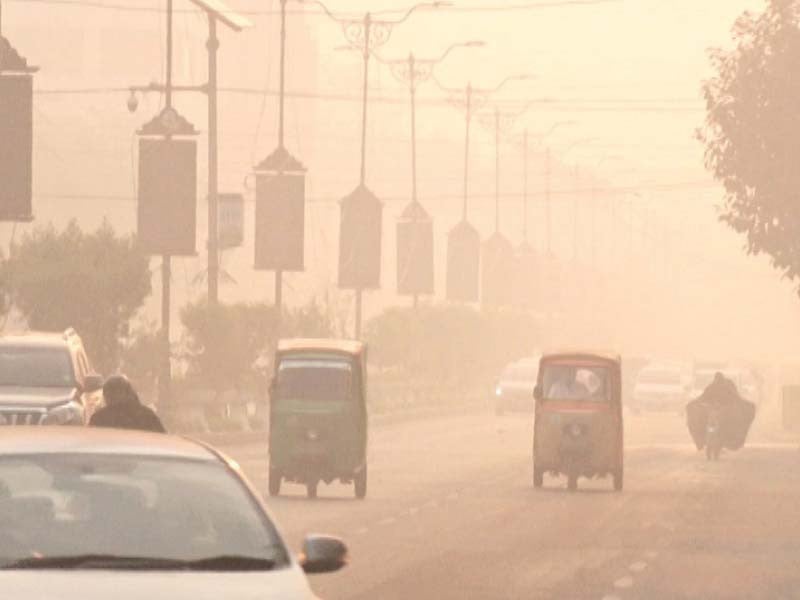
Lahore’s smog prevents schoolchildren from playing outside.
Due to dangerous pollution levels, officials in Lahore, Pakistan’s second-largest city, said that schoolchildren would not be allowed to exercise outside until January.
This week, the eastern megacity close to the Indian border recorded more than 20 times the level of pollution that the World Health Organisation (WHO) considers safe, making it one of the most polluted cities in the world.
Due to low-grade fuel from factories and automobiles in the low-lying 14 million-person metropolis, where emissions are trapped at ground level by heavier cold air, smog is especially acute in the winter.
Another significant contributing element is farmers’ seasonal crop burn-off on the outskirts of Lahore.
The eastern Punjab province’s Environmental Protection Agency announced last week that outdoor school activities in Lahore would cease on Monday.
A spokesperson for the Punjab School Education Department said AFP on Friday that the prohibition would be in effect for three months, ending on January 31.
In order to keep kids from travelling during the worst of the pollution, school hours will also be shortened in the morning.
Lessons will begin no earlier than 8:45 am (0345 GMT), which will cut off public school learning hours by 15 minutes and most private school learning hours by more than an hour.
Inhaling the poisonous air can have disastrous health effects; according to the WHO, extended exposure can cause respiratory disorders, heart disease, strokes, and lung cancer.
Nearly 600 million children in South Asia are exposed to severe levels of air pollution, according to UNICEF.
Extreme heat in the summer and choking smog in the winter cause more and more disruptions to schools, especially in Punjab, the most populated province in Pakistan.
Pakistan’s top English-language newspaper, Dawn, wrote in an editorial on Friday that actions like closing schools were “akin to putting band-aids on gaping wounds.”
“The long-term strategies needed to combat this environmental crisis remain elusive,” it stated.

Content writer, educationist, teacher, researcher, social media manager, and a SEO manager from lahore. She has been working as a freelance academic and non-academic writer for more than 20 years now. She has a passion to learn new things and has a knack for writing and she combines both things to produce write ups she pours her heart out in.

